I use this simple technique to clean grease from kitchen walls – and prevent it from coming back
Keep your kitchen walls clean by following my tried-and-tested method for wiping them down and preventing grease buildup
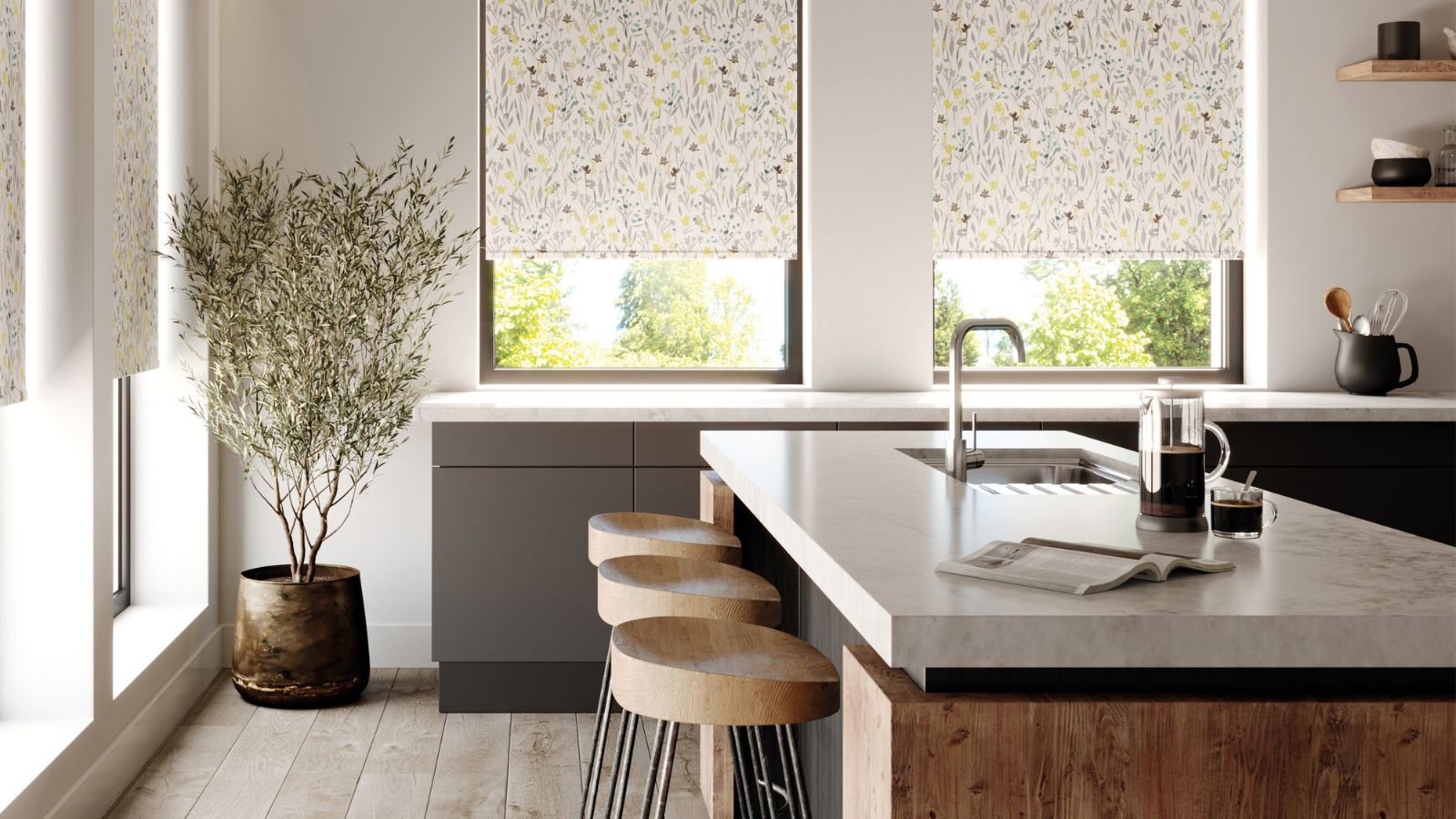

Removing grease from your kitchen walls might not be the most glamorous task, but trust me, it’s an essential one. Grease buildup can not only make your kitchen smell musty but it's also a magnet for dust and grime. Thankfully, I've found a super simple technique for getting grease off your walls.
All you need is some reliable dish soap, a little baking soda, and a whole lot of patience. With these tools at the ready, you can conquer even the toughest grease stains with ease.
Of course, cleaning kitchen grease is only half the battle. Once your kitchen is clean, it helps to keep it clean. Over the years, I've also learned some easy ways to prevent grease from taking over your walls in the first place. Below, I’ll share my tips for keeping your kitchen spotless and grime-free.
How to clean and prevent grease on kitchen walls
My tried-and-tested method only requires a few affordable tools, many of which will undoubtedly already be part of your essential cleaning supplies.
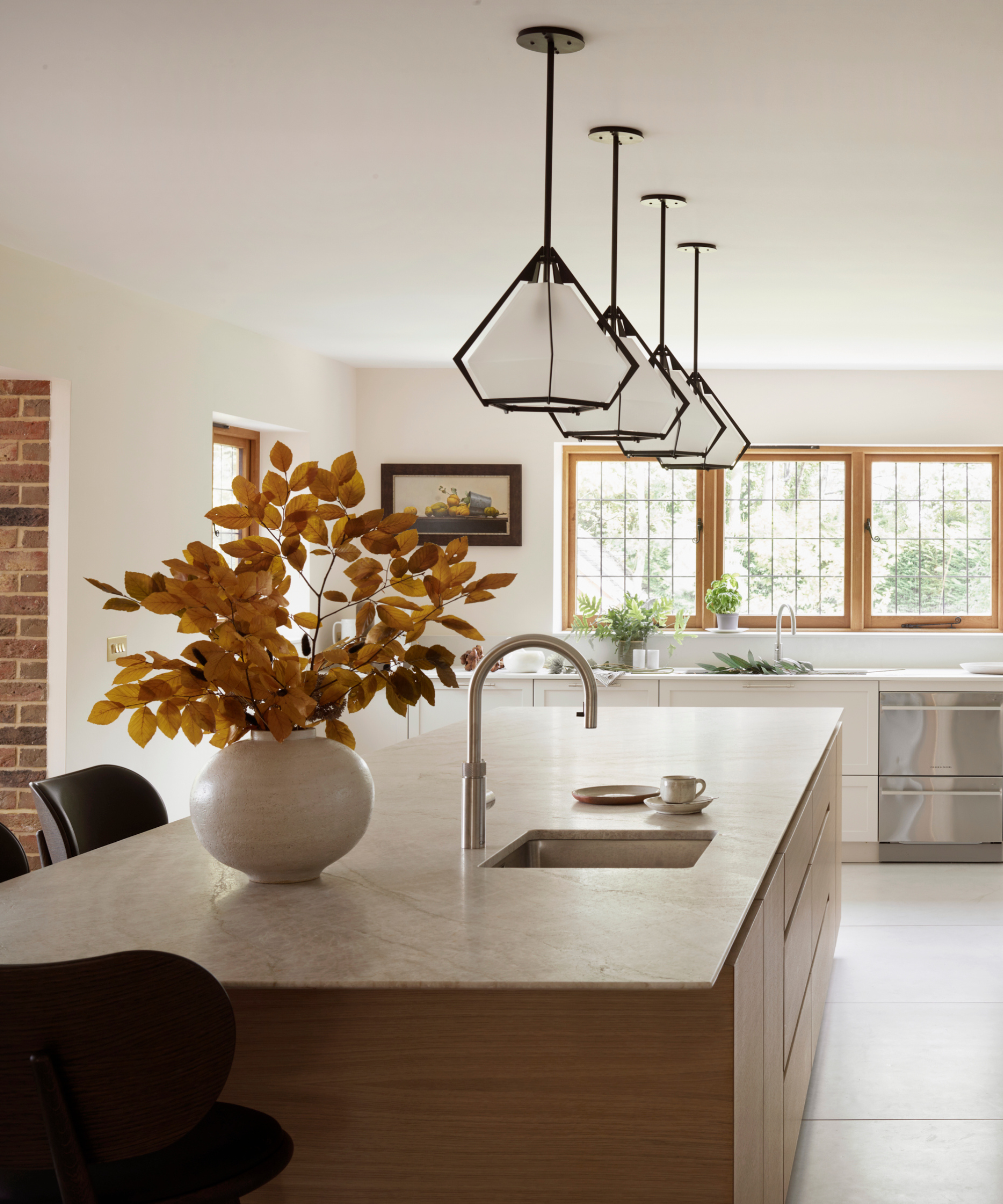
Cleaning Supplies
- Dish soap (I like Dawn from Walmart because it’s reliable and cuts through grease)
- Baking soda
- Warm water
- A spray bottle (if you don't already own one, this Set of 2 Jar Spray Bottles from Wayfair is ideal for DIY cleaning solutions)
- Microfiber cloths or sponges
- A soft-bristled brush
- A bucket
Step-by-step Guide
Step 1: Prepare the area
Before I start cleaning my walls, I clear the area around them by moving any kitchen appliances, utensils, or cutting boards that might be in the way. I like to have plenty of space to work, as I don’t want to knock these items over accidentally.
Then, I do my best to dust the wall and remove any loose dirt and debris. I use a microfiber cloth to pick up dust; otherwise, you just push it around. If it’s been a while since you last washed your walls, you will probably need to give the cloth a good wash after this task.
Step 2: Create a cleaning solution
Next, I mix a few drops of Dawn dish soap with warm water in a spray bottle and spray the solution generously on the greasy spots. Dish soap is great at cutting through grease, making it a perfect first line of attack.
Step 3: Scrub Gently
Using a sponge or a different microfiber cloth, I gently scrub the area in a circular motion. I’ve found that it’s important to be patient at this part and let the soap work its magic. If the grease is particularly stubborn, let the solution sit for a few minutes before scrubbing.
If I’m dealing with really tough or caked-on grease, I sometimes make a paste with baking soda and water. You can apply the paste to the greasy area and let it sit for 10-15 minutes, then scrub gently with a soft-bristled brush. Baking soda is a natural abrasive that helps lift the grease without damaging the paint beneath.
Step 4: Rinse and dry
Finally, I rinse the sponge or cloth I’ve used in clean water and wipe the whole area to remove any soap residue. I always dry the wall thoroughly with a clean towel at the end of this process because leaving it moist can result in mold or mildew growth (which you do not want -especially in a kitchen).
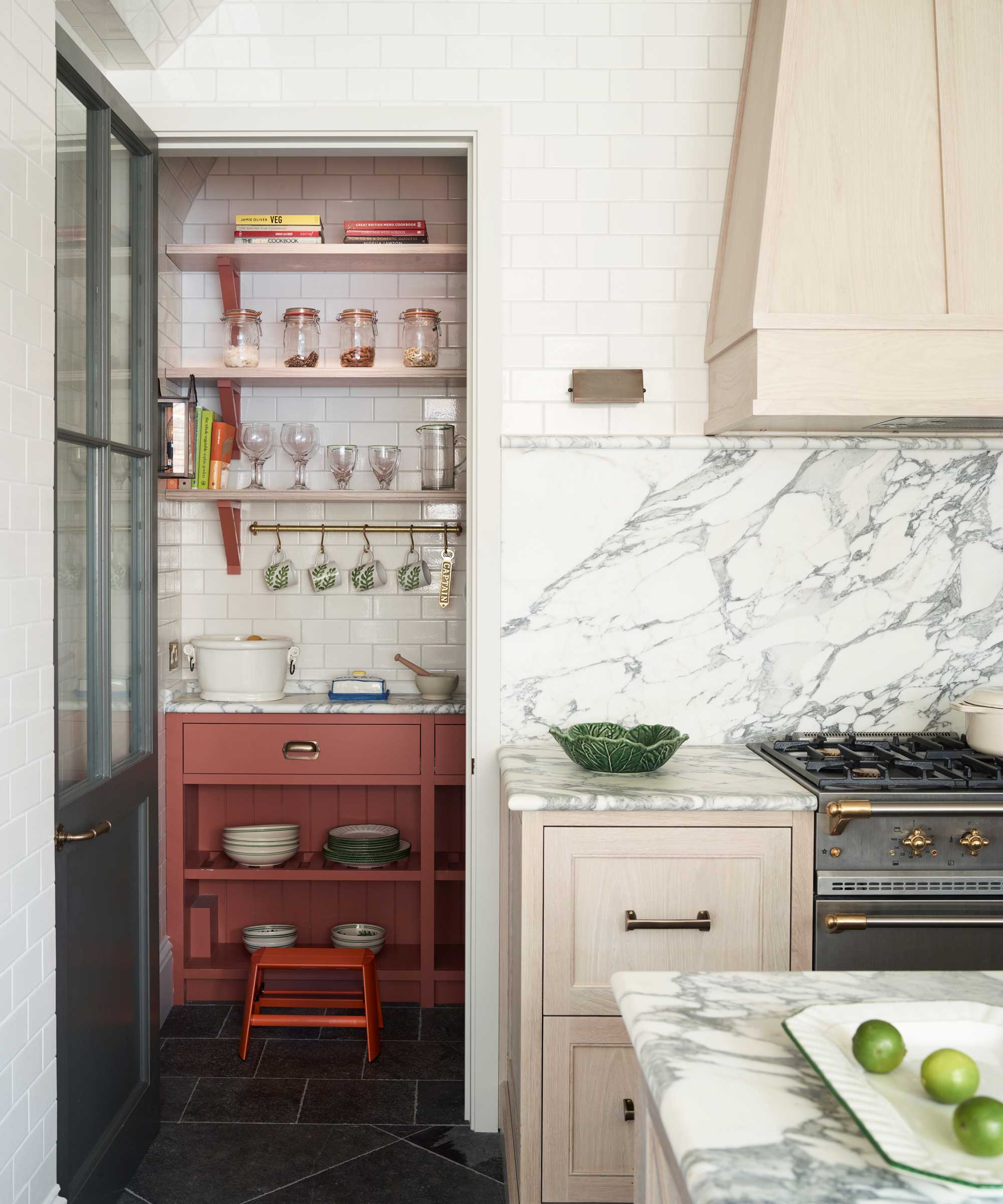
How to stop your kitchen walls from getting greasy
Now that your walls are sparkling clean, it's a good idea to consider prevention. Here are a few of my top tips to keep grease from building up again:
- I use a splatter guard – like this one from Amazon – when frying foods in a pan. This tends to catch most of the grease before it leaves the pan and ends up on your walls.
- For some dishes, I’ve found the best air fryers do a better job of getting a nice, crispy finish on food.
- I make a habit of wiping down my kitchen countertops, backsplash, and walls after cooking. A quick spritz of cleaning product and a wipe with a damp cloth can prevent grease from settling.
- I like to run an air purifier and keep a window open when frying food to ensure my kitchen is well-ventilated. You should also use the exhaust fan while cooking to help draw grease particles out of the air.
FAQs
How often should I wipe grease off my walls?
Ideally, you should clean your kitchen walls at least once a month to prevent grease buildup. However, if you cook frequently, especially with a lot of oil, you might want to do it every two weeks.
Can you remove grease from wallpapered walls?
When cleaning grease from wallpapered walls, a gentler touch is required. I’m careful not to use abrasive scrubbers that can damage the paper's surface and I always test any cleaning solution on a small, inconspicuous area first to avoid discoloration or damage.
You can follow the steps outlined above, but the key is not to saturate your cloth or sponge too much, as excessive moisture can cause peeling or warping.
How do I clean grease off walls elsewhere in my home?
Use the same methods: dish soap solution or baking soda paste. For areas like bathrooms or living rooms, consider what might be contributing to the grease and address that, such as cleaning hands before touching walls or using fewer aerosol products.
Alongside maintaining your walls and cleaning your kitchen cabinets, you may be surprised to learn that it pays to clean your kitchen light bulbs, too. Lights are some of the hidden areas we forget to clean in kitchens, and over time, they can accumulate grease and dust.
Sign up to the Homes & Gardens newsletter
Design expertise in your inbox – from inspiring decorating ideas and beautiful celebrity homes to practical gardening advice and shopping round-ups.

Thomas Litten is a freelance food and drink writer whose articles and product reviews have been featured in a variety of national publications. His introduction to food and drink came through the hospitality sector, running bars for Michelin-starred restaurants. This experience, plus a love of good food, wine, and spirits, led to a career selling premium drinks to high-end restaurants and later providing consultancy services to food and drink start-ups across the UK. Now, based in southwest England, he mainly divides his time between working for a leading bakery business, visiting coffee shops, and collecting and writing about kitchen gadgets.
-
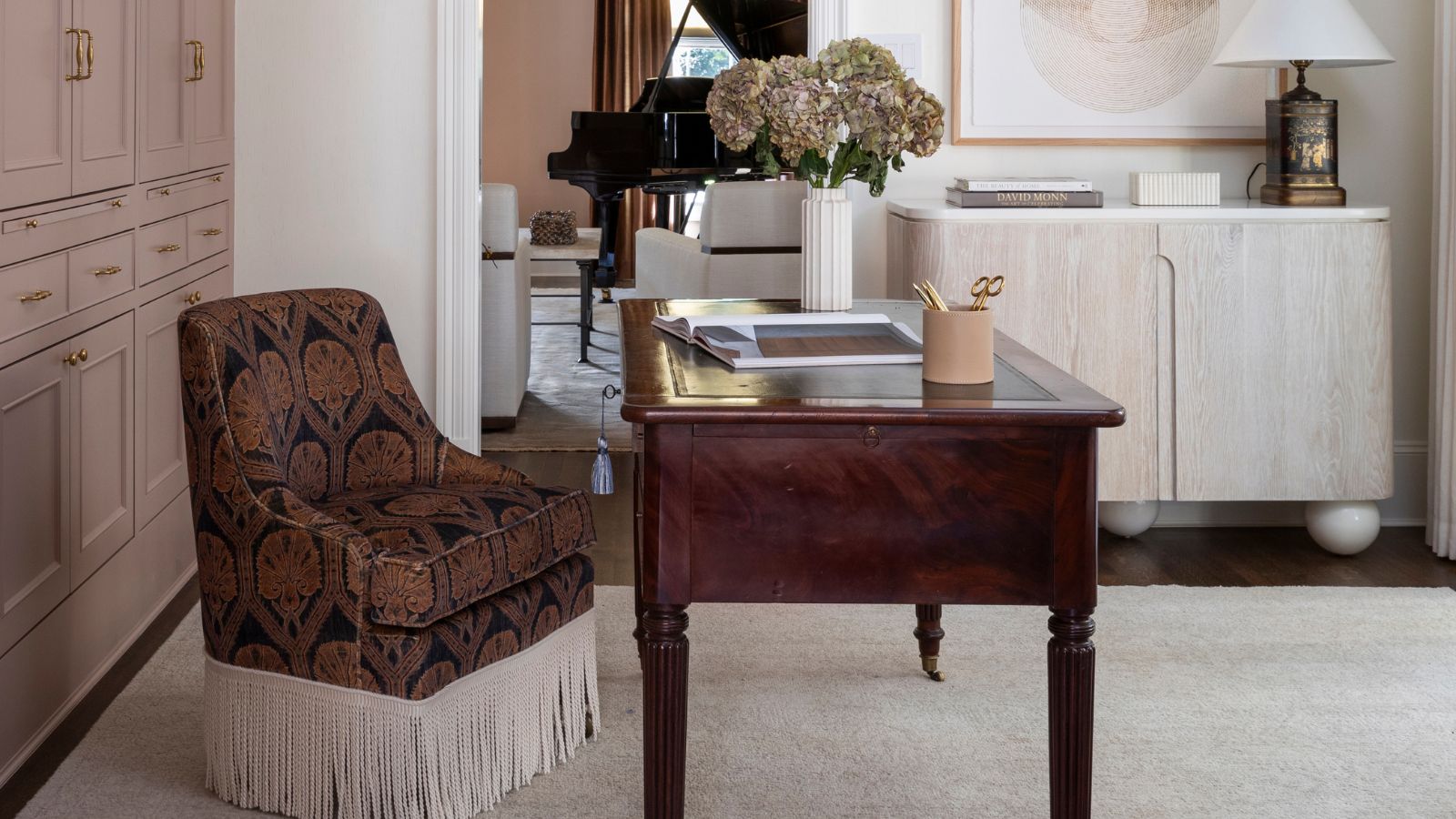 The rumours are true, the NYC trend for fringes and trimmings is actually happening – they are the secret weapon for making a room look expensive
The rumours are true, the NYC trend for fringes and trimmings is actually happening – they are the secret weapon for making a room look expensiveA trim or a ruffle is the finishing touch that can take a scheme from ordinary to the extraordinary in an instant
By Jennifer Ebert Published
-
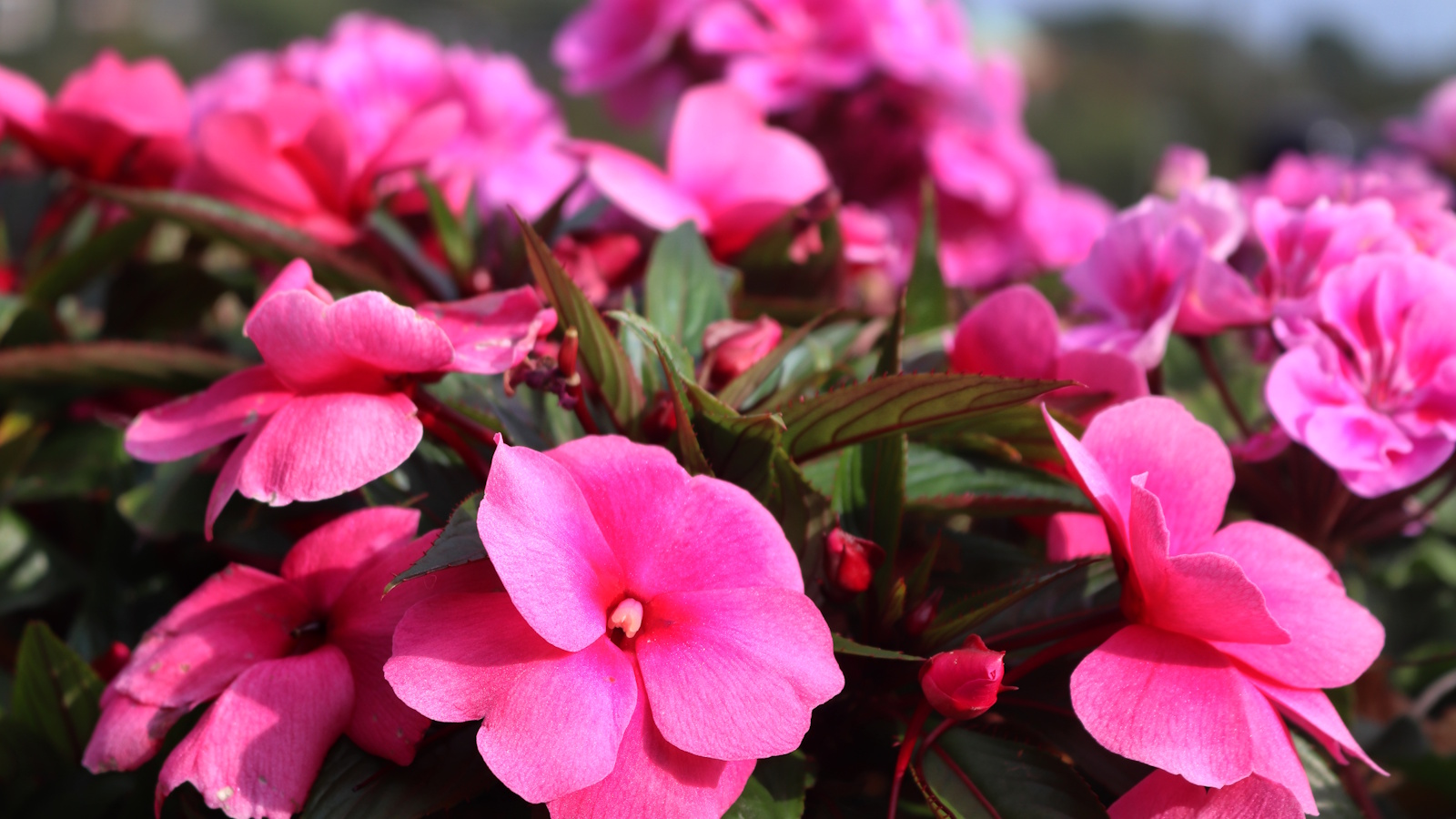 How to grow impatiens – garden experts reveal the secrets to growing this shade-tolerant, sparkling summer plant
How to grow impatiens – garden experts reveal the secrets to growing this shade-tolerant, sparkling summer plantBoth 'Busy Lizzie' and 'New Guinea' impatiens can thrive in shady yards
By Ellen Wells Published
-
 How to clean a patio – 6 different methods, and when you must use a chemical cleaning agent
How to clean a patio – 6 different methods, and when you must use a chemical cleaning agentFrom manual scrubbing, natural solutions or calling in the pros, industry experts reveal the benefits and considerations of each method
By Andy van Terheyden Published
-
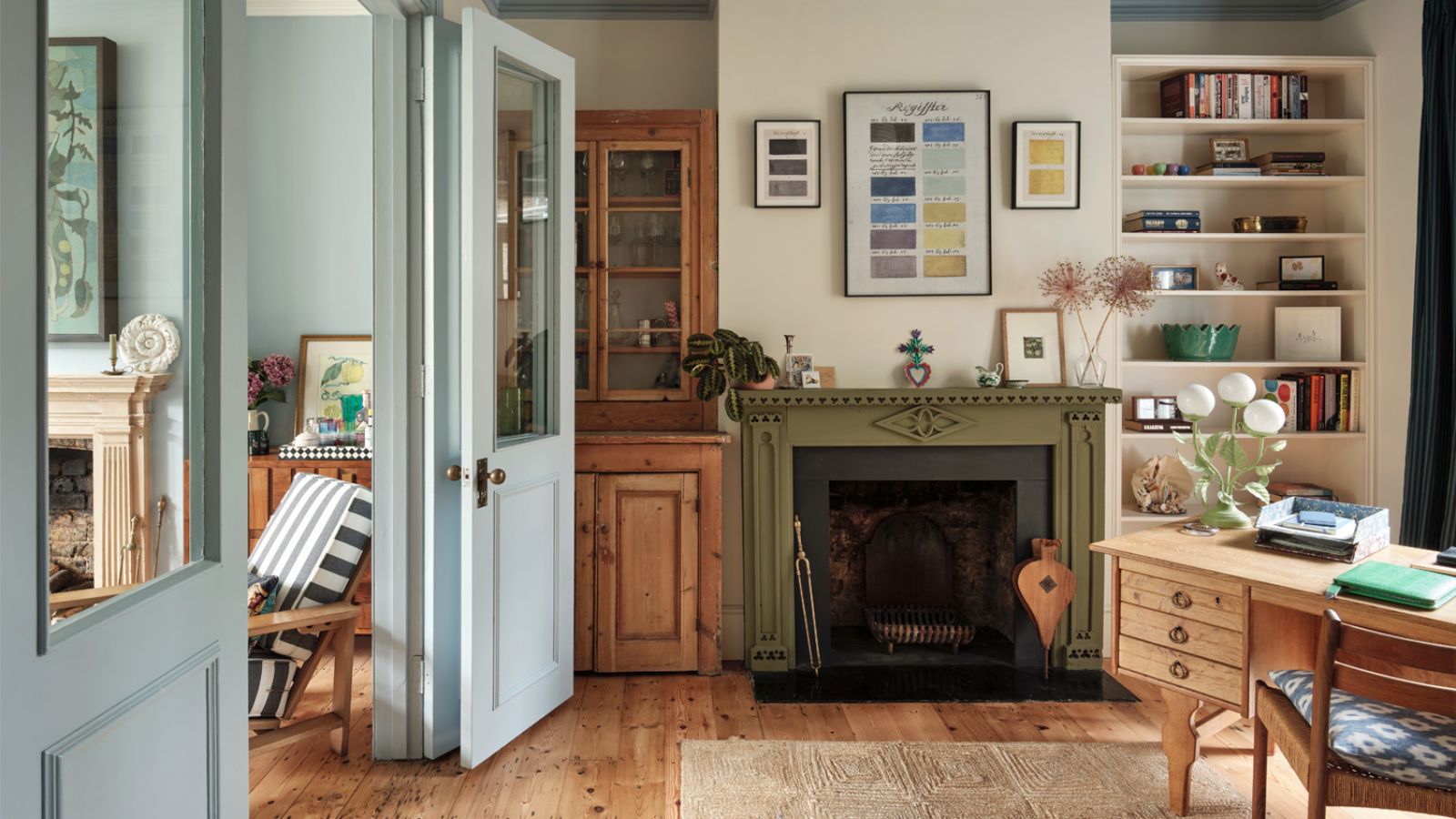 5 surprising but brilliant ways to clean with old socks – from perfectly buffing stainless steel to deterring pests naturally and more
5 surprising but brilliant ways to clean with old socks – from perfectly buffing stainless steel to deterring pests naturally and moreTackle dust in tricky corners, clean your mirrors and even banish bad odors with those rogue single socks
By Andy van Terheyden Published
-
 5 things people with clean upholstery always do – simple, quick and oh-so-effective
5 things people with clean upholstery always do – simple, quick and oh-so-effectiveEnsure your furnishing looks clean year-round with these expert tips
By Seraphina Di Mizzurati Published
-
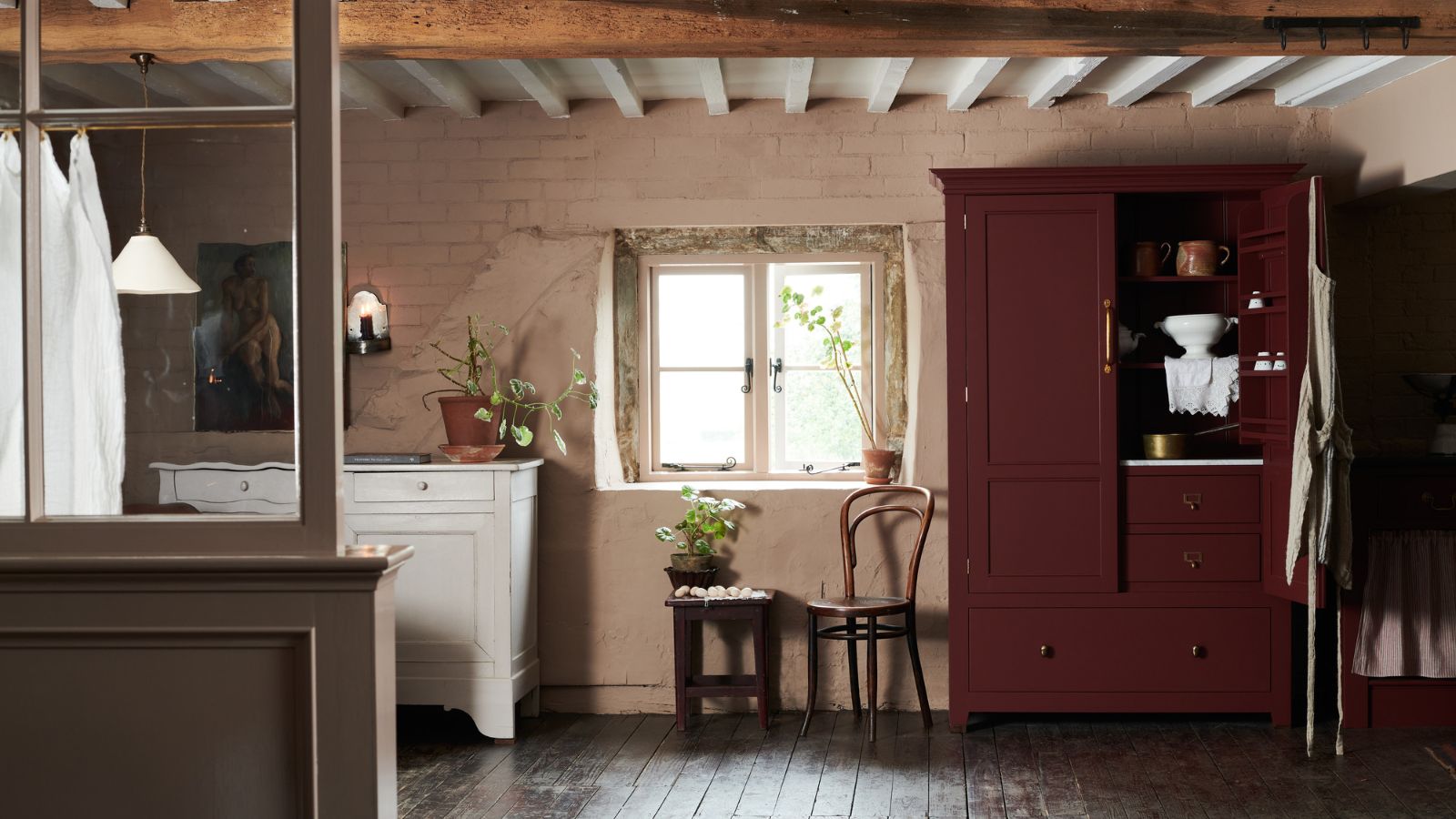 'Wick away the ick' – 6 things people with clean laundry rooms always do to make this hardworking space shine
'Wick away the ick' – 6 things people with clean laundry rooms always do to make this hardworking space shineThese tips on how to clean your laundry room will banish grime
By Seraphina Di Mizzurati Published
-
 How safe are carpet deodorizers? As a seasoned vacuum tester, I urge you to try alternative methods
How safe are carpet deodorizers? As a seasoned vacuum tester, I urge you to try alternative methodsNatural cleaning is always the answer
By Dan Fauzi Published
-
 'The world will not end' – 5 cleaning habits to quit for a happier, easier life, and what to do instead
'The world will not end' – 5 cleaning habits to quit for a happier, easier life, and what to do insteadGet your home sparkling, minus the stress
By Ciéra Cree Published
-
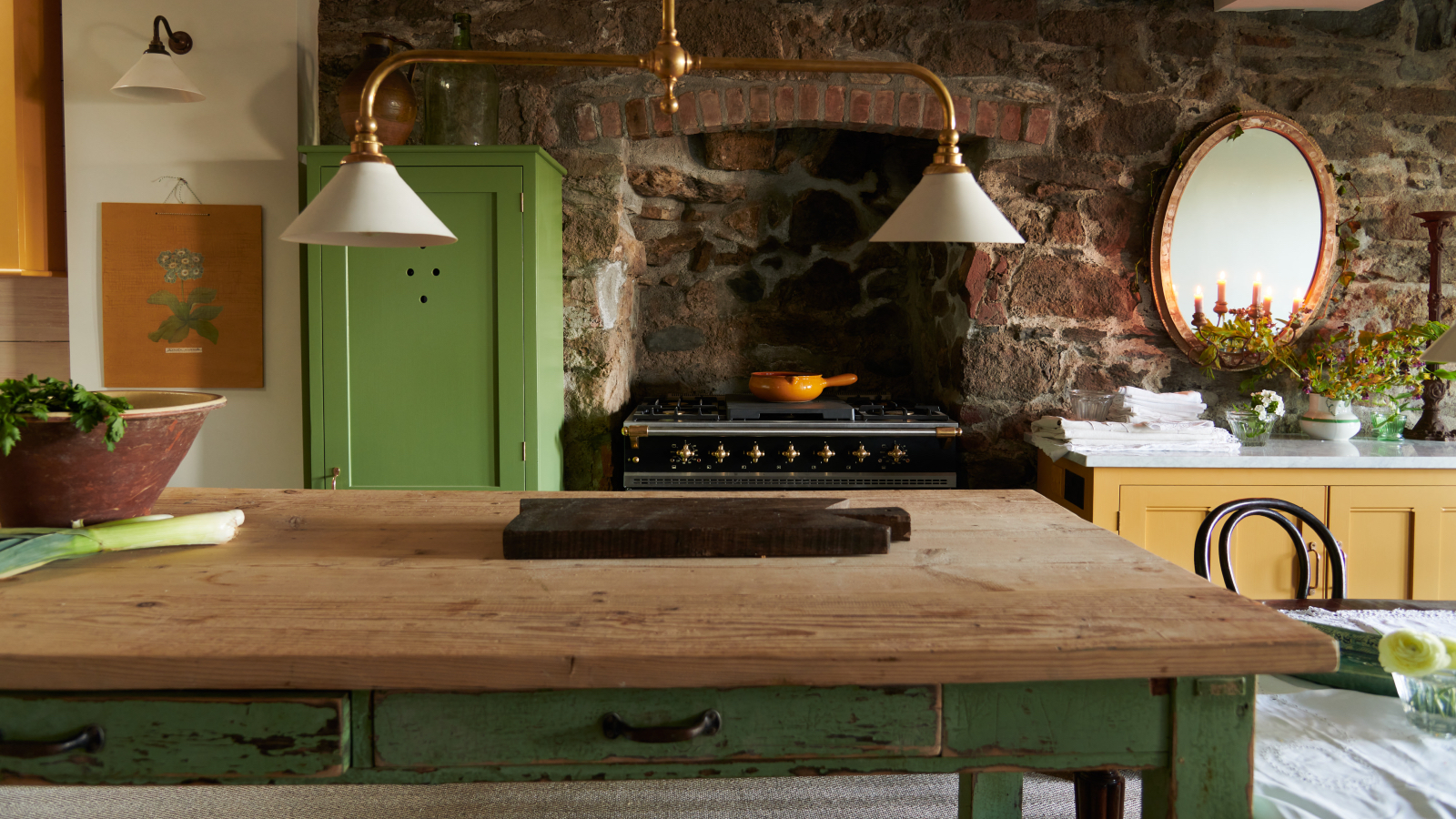 9 things you can clean with glycerin – this cheap and natural cleaner is perfect for indoor and outdoor use
9 things you can clean with glycerin – this cheap and natural cleaner is perfect for indoor and outdoor useFrom patio furniture to silverware, this hydrating and gentle cleaning agent will work miracles
By Ciéra Cree Published
-
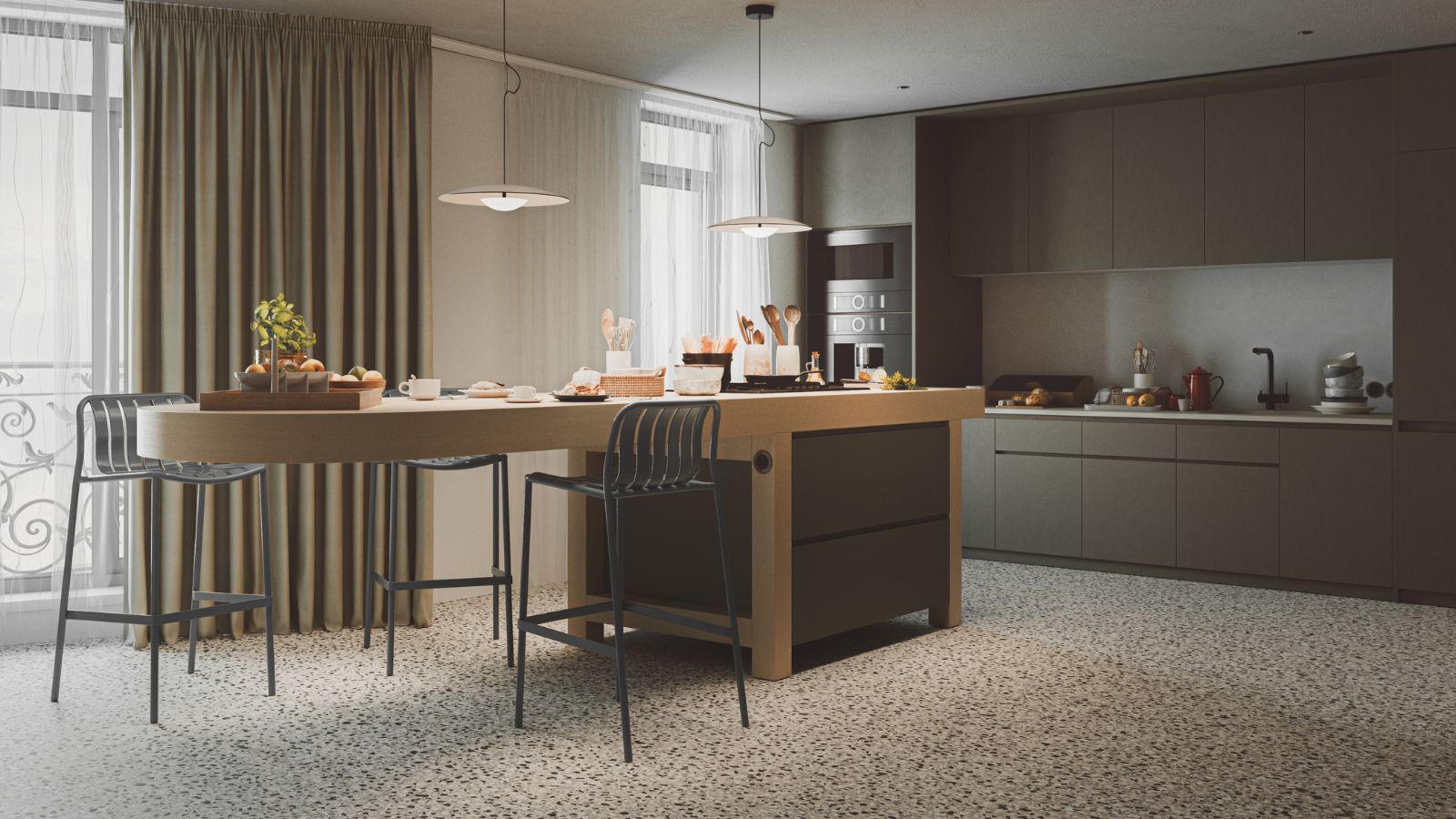 How to clean a terrazzo floor in 5 steps – expert tips to scrub, shine, and seal this sparkling floor finish
How to clean a terrazzo floor in 5 steps – expert tips to scrub, shine, and seal this sparkling floor finishAvoid damage and protect it's shine with these expert tricks
By Chiana Dickson Published